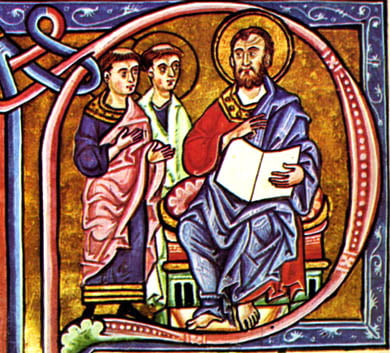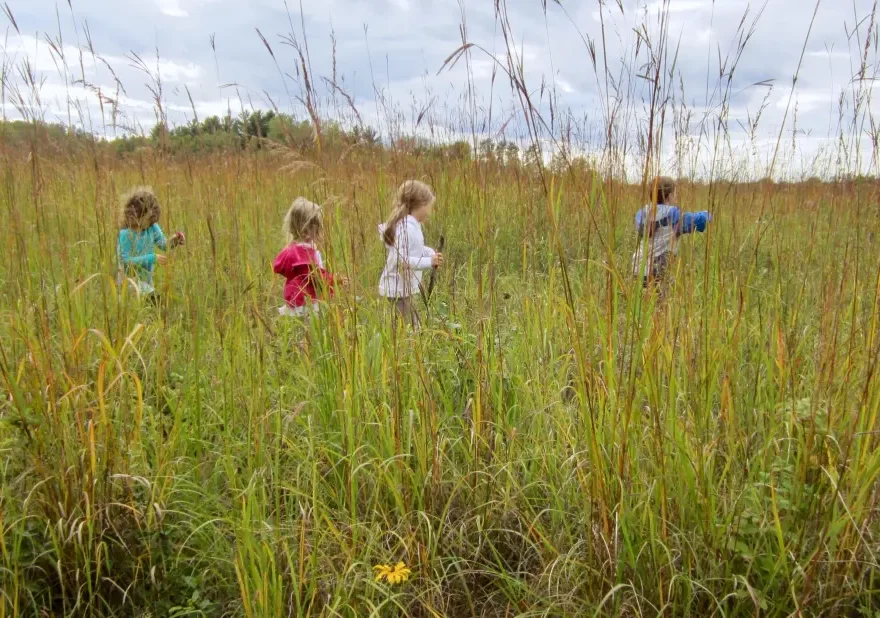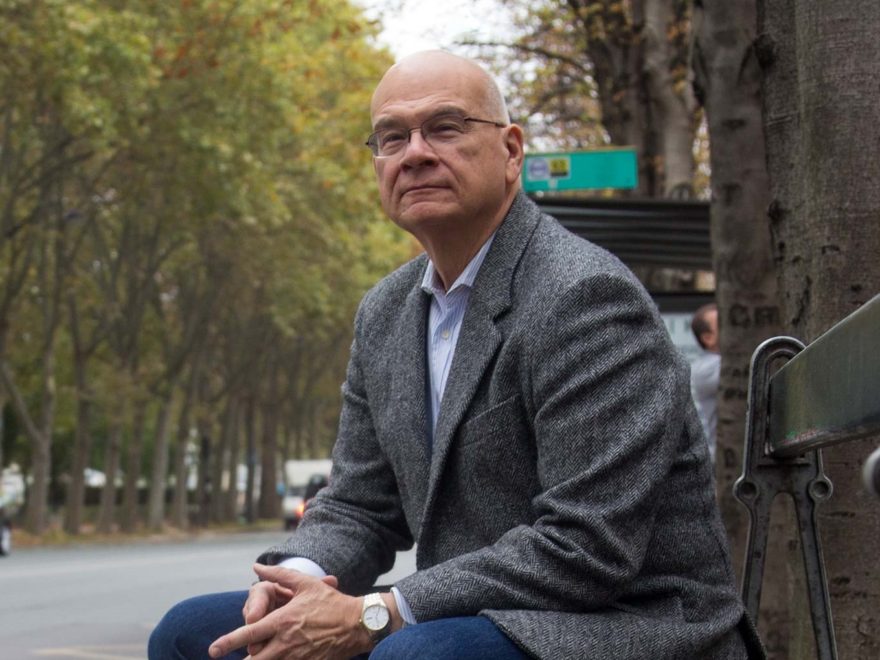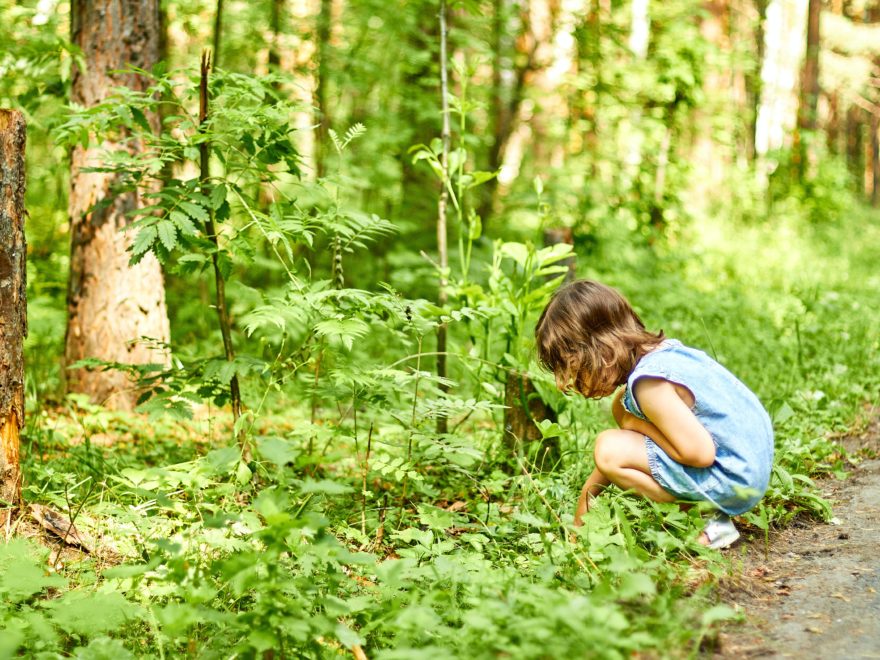Author: Kolby Atchison
-

The Goal of School Education
What is the goal of school education? This is a foundational question that demands an answer. Organizations are complex entities with moving and disparate parts. Schools are no exception. Facilities, insurance, safety, technology, admissions, marketing, communications, and development are all essential functions of school operations, and I have yet to even mention academics. Each department…
-

Paul’s School of Mentorship
Classical school leaders often emphasize the centrality of mentorship in the educational process, particularly in grades 6-12. They have wisely observed that the junior high and high school years are a pivotal phase in a person’s development. As students gradually spend more time with peers in settings without their parents, small yet formative opportunities emerge…
-

Classical Education and the Rise of A.I.
Since the early days of the classical education renewal movement, one of the primary distinctives of a classical education has been strong academics. Through books like The Well-Trained Mind and Recovering the Lost Tools of Learning, classical educators have sounded a clarion call back to a tradition that offers a challenging yet rewarding academic program…
-

Towards a Philosophy of Nature Study
And God said, “Let the earth sprout vegetation, plants yielding seed, and fruit trees bearing fruit in which is their seed, each according to its kind, on the earth.” And it was so. The earth brought forth vegetation, plants yielding seed according to their own kinds, and trees bearing fruit in which is their seed,…
-

Why Gender Matters in Education
We often take for granted the givenness of the world we live in, that is, the things in life that are not questionable. For example, I have never questioned that the sky is blue or that I am the son of my parents. These aspects of reality strike me as matter of fact and have…
-

Proclaiming the “True Myth”: Tim Keller’s Ministry and Classical Education
I was first exposed to the ministry of Dr. Timothy Keller in college while pursuing a degree in philosophy and reading through the western canon of Great Books. Immersed in the intersection of Christian discipleship and the life of the mind, I found in Keller a comforting voice that resonated with many of the questions…
-

An Educational Renaissance for the Development Shop
The purpose of Educational Renaissance is to promote a rebirth of ancient wisdom for the modern era. Through synthesizing the insights of the great philosophers of education across time and place with contemporary findings in modern research, we aspire to serve fellow educators in the worthy calling to educate future generations for the good of…
-

Ending the Year with a Strong Parent Partnership
One key end-of-the-year objective for teachers is to bring parent partnerships to a positive conclusion. All year long teachers have worked diligently to facilitate these relationships. From first contact at a back-to-school event to parent-teacher conferences to ad hoc meetings, teachers have likely interfaced with parents on a number of occasions. To end the year…
-

The Drive to Learn: Three Views on the Desire for Knowledge
What is the purpose of knowledge? What is its draw? What drives us to learn and pursue knowledge about God, the world, and ourselves? Most educators agree that pursuing knowledge is a primary goal of education. But views diverge soon after, specifically when questions about the purpose of knowledge emerge as well as what fields…
-

The Classical Notion of Self-Education for Today
In her lecture at Oxford in 1947, Dorothy Sayers remarked, “Is it not the great defect of our education today, a defect traceable through all the disquieting symptoms of trouble that I have mentioned, that although we often succeed in teaching our pupils ‘subjects,’ we fail lamentably on the whole in teaching them how to…
